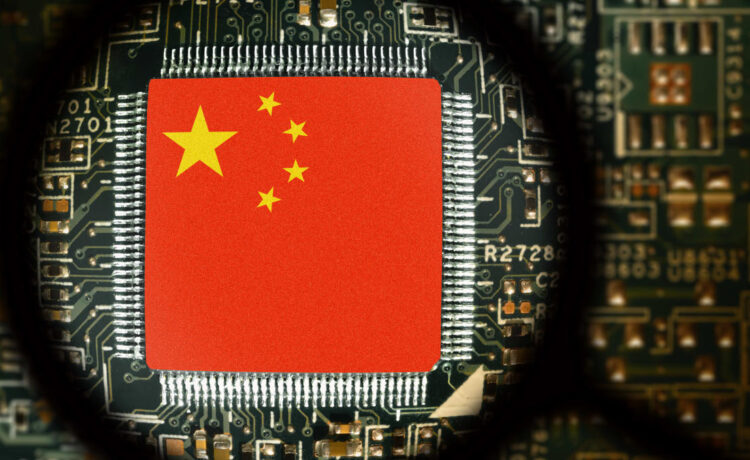While chipmakers like Intel (INTC) seek to foster domestic semiconductor production in the US, China is working just as hard to bolster its production facilities. Christopher Miller, author of Chip War: The Fight for the World’s Most Critical Technology, sits down with Yahoo Finance Live to discuss the long-term international impacts of the CHIPS Act while the US and other regions contend with China’s semiconductor infrastructure.
For more expert insight and the latest market action, click here to watch this full episode of Yahoo Finance Live.
Editor’s note: This article was written by Luke Carberry Mogan.
Video Transcript
AKIKO FUJITA: And Christopher, well, so much of the market focus has been on those chip makers, who are developing GPUs. You’ve put out this interesting Op Ed in the Financial Times this week warning about a potential slump, specifically, in foundational chips, as you describe it. Because of what’s happening over in China, can you lay that out for us why we’d likely to see a significant dip in that because of the oversupply? Who’s likely to get affected most?
CHRISTOPHER MILLER: Well, today, China is devoting more subsidies than the rest of the world combined to try to build out its own chip industry. And because China doesn’t have the most advanced technology or the most advanced manufacturing capabilities, much of its investment is going to more basic chips. The types of chips that are in household goods, in automobiles, in manufacturing equipment.
And these are spheres where China’s probably got the technology it needs to compete. And it’s got huge volumes of government subsidies substantially more than the CHIPS Act in the United States going into helping build out new factories.
And so this new supply, when it begins hitting international markets over the next couple of years, is hard to imagine it won’t have an effect on prices. And I think if you listen to trade officials in the United States, in Japan, or in Europe, they’re really worried that China’s subsidies will begin distorting prices and impacting Western firms.
RACHELLE AKUFFO: And so then let’s break that down a bit. Because in terms of how some of these countries can plan for this or some of these companies that rely on these chips, if you’re looking at low-end chips that we tend to see in common devices, say, in your everyday phones versus the ones that are going to be powering self-driving cars, what should companies and countries be doing then outside of ending up in a trade stand off?
CHRISTOPHER MILLER: Well, I think a trade stand off, to be honest, is probably where we’re likely to end up. If you look at the volume of subsidies going into China, it’s something that just simply can’t be matched outside of China. The US, Europe, Japan, they’re not going to spend as much money as China is.
And I think the choice that they face, when it comes to certain categories of foundational chips is whether to let Chinese firms win market share or whether to respond with trade restrictions that limit Chinese firms market access.
And if you listen to policymakers in all of the Western countries that I mentioned, they’re all increasingly talking about examining trade restrictions, examining tariffs, examining other tools to limit the ability of subsidized Chinese producers of foundational chips to sell in Western markets.
AKIKO FUJITA: And, finally, Christopher, the Biden administration has made a real concerted effort here to try and restrict the advancement or slow the advancement of advanced chip making over in China. There’s a lot made about Huawei’s recent phone that the chips were a little more advanced. Although, not quite as advanced as what the US is making.
In your research, what is your assessment of where China is in this ability to compete with the US on the most advanced chips?
CHRISTOPHER MILLER: Well, if you look at manufacturing capability, China’s most advanced chip manufacturers about five years behind the world’s leader in Taiwan, which manufactures most chips for leading US firms like, NVIDIA or AMD.
And China’s been about five years behind for the last 15 years. Every year, China improves a bit. But every year, Taiwan improves too. And so the gap has remained more or less constant for some time. And I think that’s likely to persist. China is going to try really hard to catch up. But catching up is very, very difficult, especially given that now, China doesn’t have access to some of the tools that are needed for cutting edge production.
And so we shouldn’t assume that it’s just a matter of money and time to catch up. It’s just a very, very difficult sphere to reach cutting edge capabilities.
















